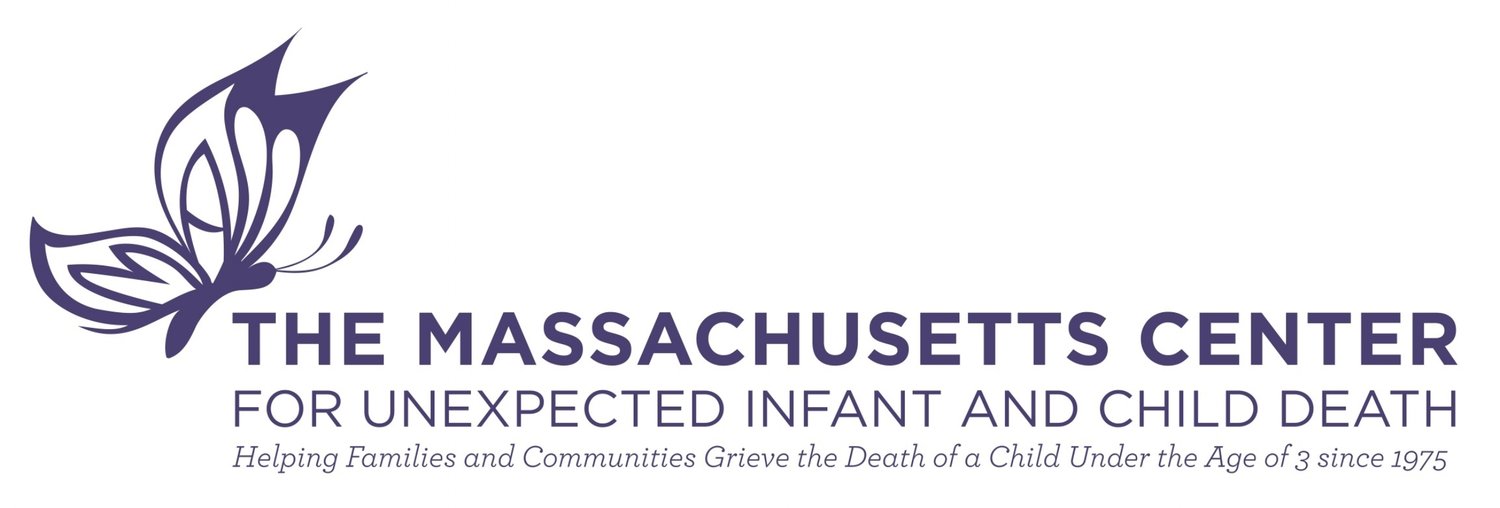What is the definition of a stillbirth?
Stillbirth refers to the death of a baby before or after delivery. While the definition can vary, in the United States, a stillbirth refers to the death of a baby of at least 20 weeks gestation.
What is the difference between stillbirth and miscarriage?
Stillbirth- refers to the birth of a baby who has died before delivery when the pregnancy has progressed for more than 20 weeks
Miscarriage- a pregnancy that ends, on its own, before 20 weeks of gestation
What are the different types of stillbirth?
Stillbirth is further classified as either early, late, or term, depending on the number of pregnancy weeks.
Early stillbirth- occurs between 20 and 27 completed weeks of pregnancy.
Late stillbirth- occurs between 28 and 36 completed weeks of pregnancy.
Term stillbirth- occurs between 37 or more completed weeks of pregnancy.
How often does this occur?
In general, stillbirth is uncommon. During 2013, 1 in 216 births was a stillbirth. In Australia, 1 in 120 newborns will be a stillbirth or considered as a newborn death. In the U.S. today, 1 in 160 pregnancies end in stillbirth, which is approximately ten times that of SIDS. (mommyinterrupted.org)
What causes a stillbirth?
The exact cause or dangers that lead to an increased risk of stillbirth is undefined and following are some common risk factors in developed countries:
Congenital anomalies: the abnormal development has occurred from conception or an early stage in pregnancy. The common reasons for this are chromosome mutations or structural problems.
Premature birth: if the birth is extremely early, the baby might be too immature to survive and may directly lead to stillbirth. The possible reasons include infection and maternal medication.
Problems with the placenta or cord: maternal diabetes and high blood pressure might lead to placental problems that could result in placenta impairment and stillbirth in the end. Placental abruption occurs when bleeding happens between the placenta and the wall of the womb, and therefore, the baby may stop breathing due to lack of blood supply.
Fetal growth restriction: for babies who are of higher risk of stillbirth because of chromosomal abnormalities, smoking, or maternal medical conditions. These are difficult to be diagnosed through routinely antenatal care.
Maternal medical conditions: under this condition, maternal health problems include diabetes, renal diseases, thyroid disorders, cardiac disease and obstetric cholestasis may eventually rise the risk of stillbirth.
For more information about stillbirths, click here.
